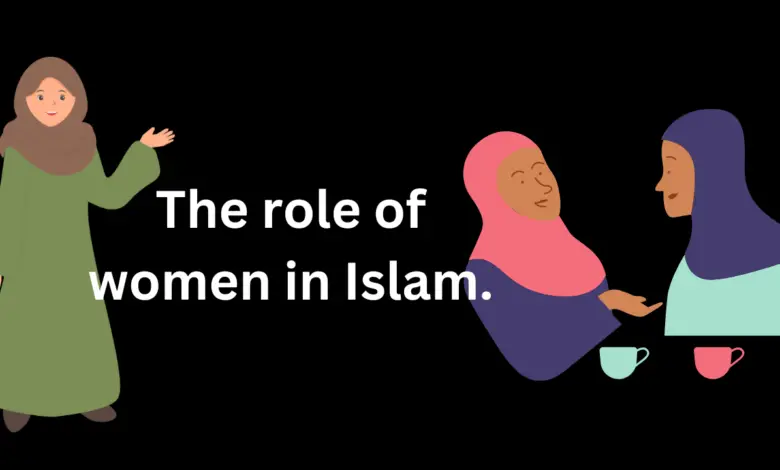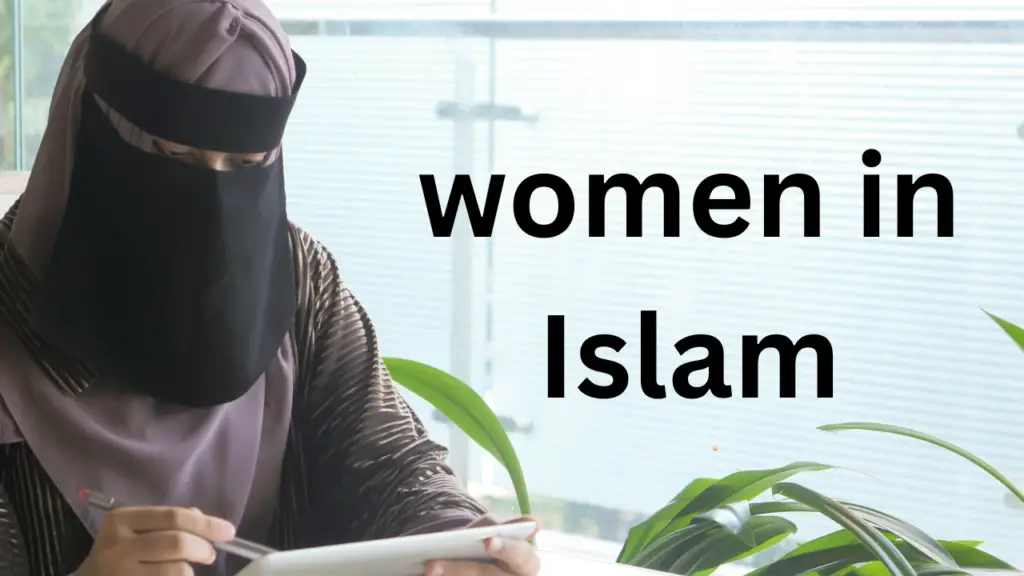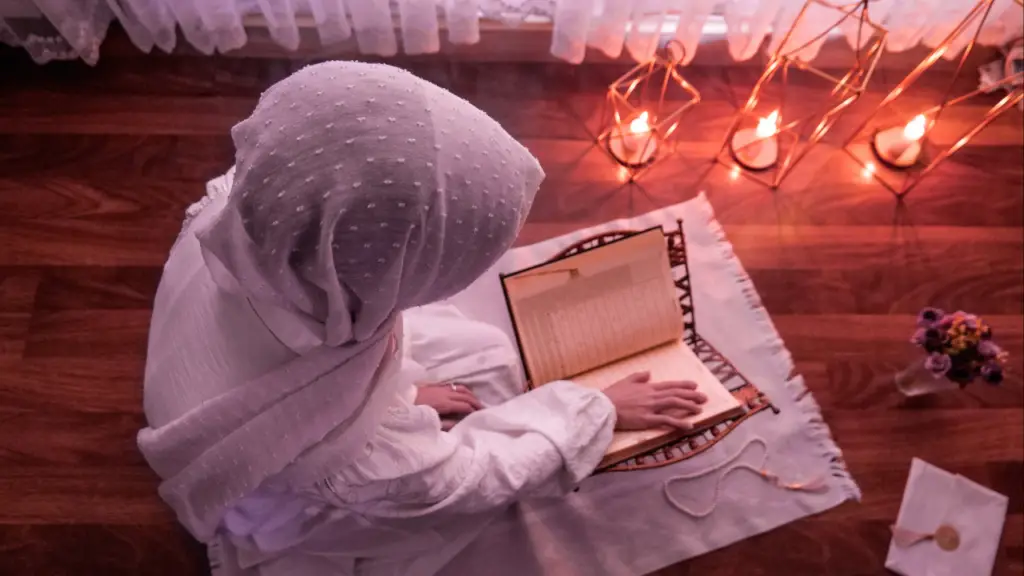
The role of women in Islam.

introduction
Islam, as one of the world’s major religions, encompasses a rich tapestry of beliefs, practices, and cultural expressions. Central to this religious framework is the role of women, which has been the subject of diverse interpretations and discussions. From historical context to modern considerations, the role of women in Islam is a topic that merits exploration and understanding.
Historical Context
To comprehend the role of women in Islam, one must delve into its historical roots. The advent of Islam in the 7th century brought about significant changes to the status of women in Arabian society. Before the rise of Islam, women were often treated as property, subjected to limited rights and opportunities. The introduction of Islamic teachings marked a transformative moment, advocating for the rights and dignity of women.
Spiritual Equality
Islam emphasizes the spiritual equality of men and women. The Quran, the holy scripture of Islam, explicitly states in Surah Al-Hujurat (49:13): “O mankind, indeed We have created you from male and female and made you peoples and tribes that you may know one another. Indeed, the most noble of you in the sight of Allah is the most righteous of you.” This verse underscores that righteousness and piety, not gender, are the true markers of distinction in the eyes of God.

Educational Opportunities
Contrary to misconceptions, Islam encourages the pursuit of knowledge for both men and women. The Prophet Muhammad himself emphasized the importance of education, declaring: “Seeking knowledge is obligatory upon every Muslim.” This injunction encompassed both genders, and throughout Islamic history, women played vital roles as scholars, teachers, and thinkers. Prominent figures like Aisha bint Abu Bakr, who was one of the Prophet’s wives and a renowned scholar, exemplify the significant contributions of women to Islamic scholarship.
Social and Family Life
Within the family unit, Islam recognizes the roles and responsibilities of both men and women. While traditional gender roles are present, Islam advocates partnership and cooperation between spouses. The Quran mentions in Surah Ar-Rum (30:21): “And among His Signs is this, that He created for you mates from among yourselves, that you may dwell in tranquility with them, and He has put love and mercy between your (hearts).” This verse highlights the importance of a harmonious and respectful relationship between spouses, characterized by mutual support and understanding.

Economic Rights
Islam grants women economic rights, including the right to own, inherit, and manage property. In fact, women’s right to inheritance was a revolutionary concept in the pre-Islamic Arabian society, where daughters were often denied any share of inheritance. The Quran unequivocally addresses this issue in Surah An-Nisa (4:7-9), 1ensuring that women receive a rightful share of inheritance.
Modern Considerations
As societies evolve and cultures diversify, the role of women in Islam has taken on new dimensions. While the core teachings remain steadfast, interpretations vary, leading to a spectrum of practices. In some regions, women continue to face challenges related to gender equality, access to education, and participation in public life. However, in other areas, Muslim women are prominent leaders in various fields, including politics, academia, business, and activism.
Empowerment through Interpretation
One of the factors that shape the role of women in Islam today is the diversity of interpretations within the religion. Progressive scholars advocate for a reinterpretation of traditional texts to align with contemporary values, emphasizing the principles of justice, equality, and human rights. This approach aims to empower women by dismantling patriarchal norms that may have been conflated with religious teachings.
Conclusion
The role of women in Islam is a multi-faceted and evolving topic that is deeply embedded in religious teachings, cultural traditions, and socio-political contexts. While historical strides have been made to elevate the status of women within Islamic teachings, challenges persist in different parts of the world. The essence of Islam, however, calls for the recognition of women’s rights, dignity, and contributions as essential components of a just and harmonious society. Understanding the nuanced perspectives on this issue is crucial for promoting gender equity, religious tolerance, and social progress within Islamic communities beyond.

Faqs about The role of women in Islam.
What is the role of women in Islam?
The role of women in Islam is multifaceted. They have various roles within their families, communities, and society, including as wives, mothers, educators, professionals, and contributors to social welfare.
Are women considered equal to men in Islam?
Islam teaches that men and women are equal in their spirituality and worth in the eyes of God. While roles and responsibilities may differ, both genders are considered equal in terms of their moral and spiritual value.
What is the significance of hijab in Islam?
The hijab is a symbol of modesty in Islam and is worn by some Muslim women. It represents a commitment to privacy and dignity, promoting a focus on inner character rather than outward appearance.
Can Muslim women work or pursue education?
Yes, Muslim women are encouraged to seek education and pursue careers if they wish to do so. Islamic teachings emphasize the importance of acquiring knowledge, and there are numerous examples of women scholars and professionals throughout Islamic history.
Can Muslim women participate in leadership roles?
Yes, Islamic history includes instances of women in leadership positions, both in the community and in various fields. While the degree of participation may vary in different cultures and communities, there’s no religious prohibition against women in leadership roles.
Are there cultural practices that may differ from Islamic teachings regarding women?
Yes, in some cases, cultural practices might differ from the principles of Islam and may lead to the mistreatment or inequality of women. It’s important to distinguish between cultural norms and authentic Islamic teachings.
Can Muslim women initiate divorce?
Yes, Muslim women have the right to initiate divorce under specific conditions, such as when their marital rights are not being upheld or in cases of abuse or neglect.
Are women allowed to inherit property in Islam?
Yes, Islamic law provides women with the right to inherit property from their parents, spouses, and other family members. The inheritance laws ensure a fair distribution of wealth among family members.
What rights do Muslim women have with in marriage?
Muslim women have the right to choose their spouses, and consent is essential in Islamic marriages. They also have the right to inherit, the right to be treated with kindness and respect by their husbands, and the right to seek divorce under certain circumstances.
Do women need permission to work or study in Islam?
In Islam, women do not require permission to work or pursue education. They are encouraged to contribute to society and enhance their knowledge.





